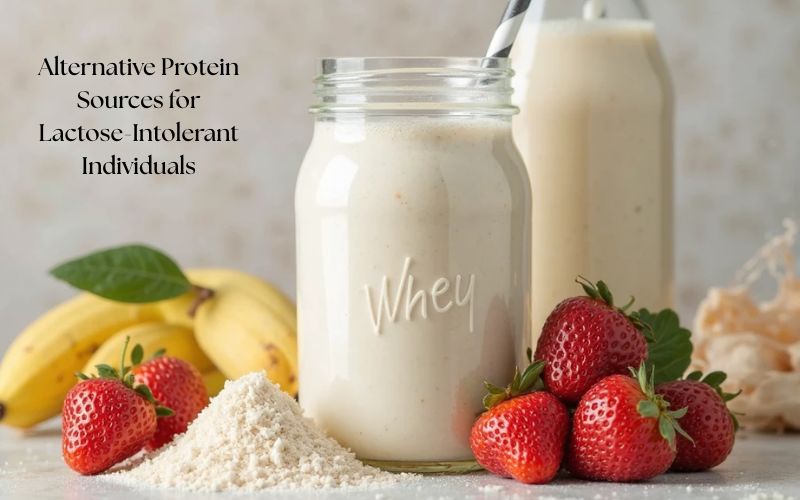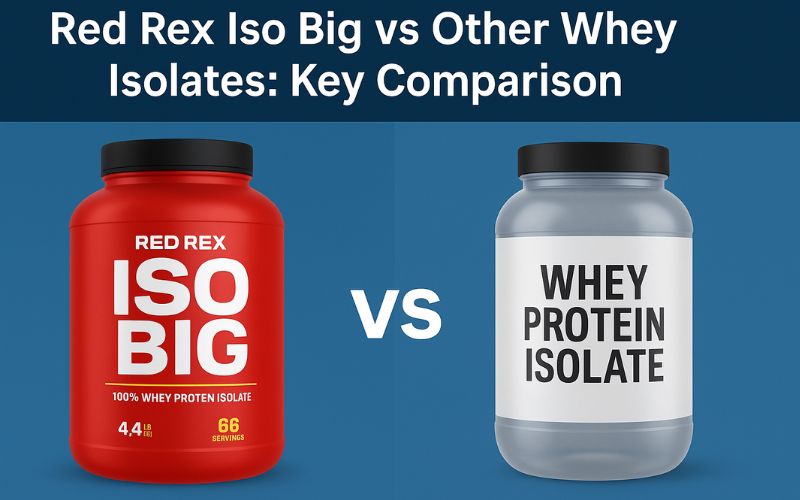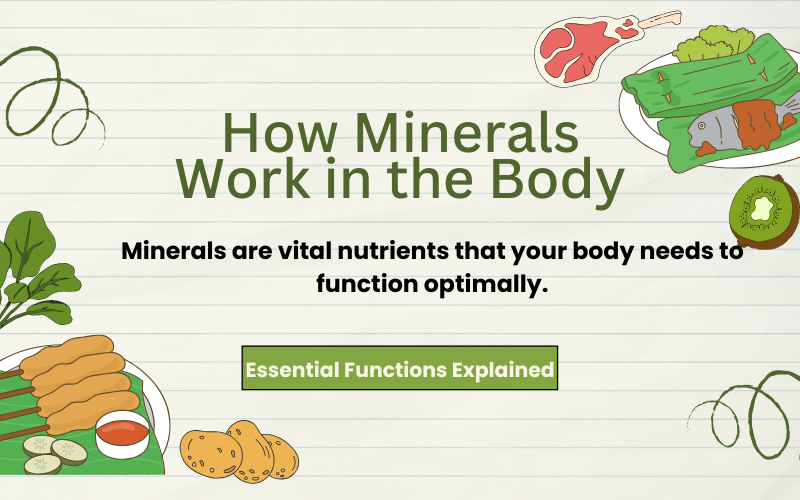Is Whey Protein Lactose-Free?
Whey protein is one of the most popular supplements in fitness and health circles, known for its ability to support muscle growth, recovery, and overall wellness. However, for lactose-intolerant individuals, the question arises: is whey protein safe to consume? This guide will help you understand the relationship between whey protein and lactose, answering whether it’s suitable for those who experience digestive discomfort after consuming dairy.
Understanding Lactose Intolerance
Lactose intolerance is a condition where the body is unable to fully digest lactose, a sugar found in milk and dairy products. Symptoms include bloating, diarrhea, gas, and stomach cramps. These issues occur because of a deficiency in lactase, the enzyme that breaks down lactose in the digestive system. It’s important for individuals with lactose intolerance to avoid foods containing lactose to prevent these uncomfortable symptoms.
What is Whey Protein?
Whey protein is derived from cow’s milk during the cheese-making process. It comes in three main types:
- Whey Concentrate: Contains more fat and lactose.
- Whey Isolate: Has a higher protein content with much of the fat and lactose removed.
- Hydrolyzed Whey Protein: Pre-digested for quicker absorption.
Whey protein is a top choice for athletes and fitness enthusiasts due to its high biological value and fast absorption rate, aiding muscle repair and growth.
Does Whey Protein Contain Lactose?
While all whey protein comes from milk, not all forms contain the same amount of lactose. Whey concentrate retains more lactose, making it potentially problematic for those with lactose intolerance. On the other hand, whey isolate is processed to remove much of the lactose content, although it might still contain trace amounts.
Is Whey Protein Isolate Lactose-Free?
Whey protein isolate is often touted as a better option for those with lactose intolerance, but it’s important to note that it is not always completely lactose-free. The process of isolating the protein removes much of the lactose, but sensitive individuals may still experience discomfort if they consume large quantities. It’s generally considered much safer for lactose-intolerant individuals compared to whey concentrate.
Can People with Lactose Intolerance Consume Whey Protein?
For most lactose-intolerant individuals, whey protein isolate is a better choice. However, if you’re highly sensitive to lactose, even small traces might cause issues. It’s always best to consult with a healthcare provider before starting any supplement. Many brands also offer lactose-free whey protein options that are specifically formulated to ensure there are no traces of lactose.
Alternative Protein Sources for Lactose-Intolerant Individuals

For those who cannot tolerate whey protein, there are several plant-based protein alternatives that are naturally lactose-free. Options include:
- Pea Protein
- Soy Protein
- Hemp Protein
These plant-based proteins provide excellent nutritional value and can be an ideal alternative for those avoiding dairy altogether.
Tips for Choosing the Right Whey Protein for Lactose Intolerance
When selecting a whey protein, make sure to:
- Look for labels that indicate “lactose-free” or “contains no lactose.”
- Opt for whey isolate over concentrate, as it has reduced lactose content.
- Check for third-party testing to ensure the product is truly low in lactose.
- Consider trying smaller amounts initially to assess tolerance.
The Benefits of Lactose-Free Whey Protein for Fitness Enthusiasts
Lactose-free whey protein offers all the muscle-recovery and growth benefits without the digestive discomfort. It helps in building lean muscle, boosting metabolism, and managing weight by providing a rich source of high-quality protein. Whether you are looking to improve your athletic performance or recover faster post-workout, lactose-free whey protein can be a valuable addition to your regimen.
Conclusion:
For those with lactose intolerance, whey protein, particularly whey isolate, can be a suitable option. However, always check the product labels for any lactose content and consult your doctor if you have concerns. With the availability of lactose-free whey proteins and plant-based alternatives, lactose-intolerant individuals can still benefit from the advantages of protein supplementation without the discomfort.









Add comment